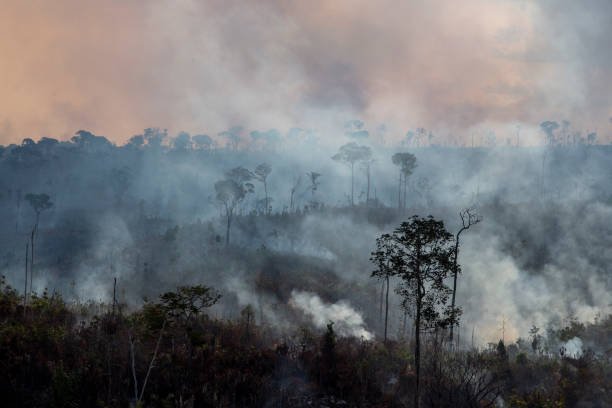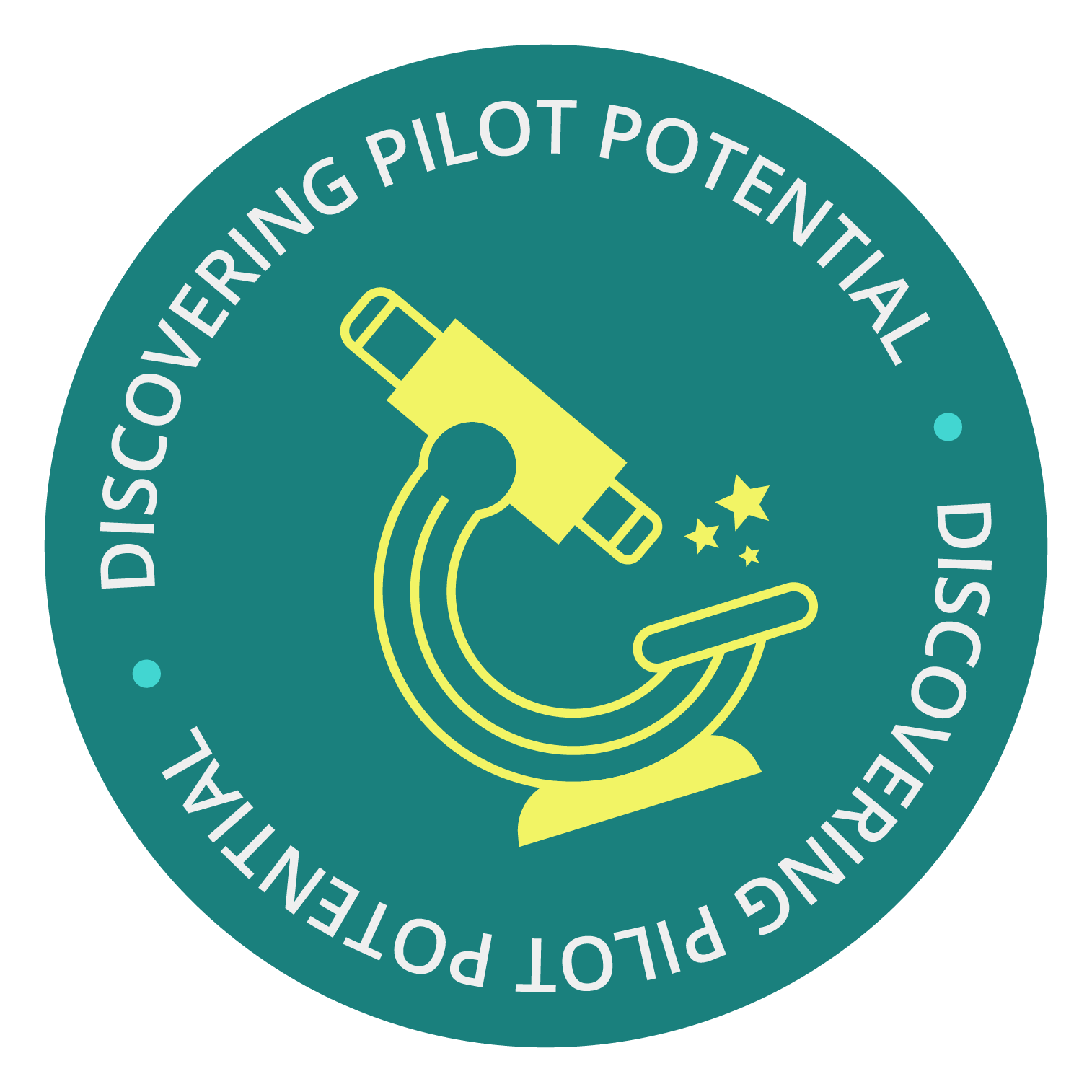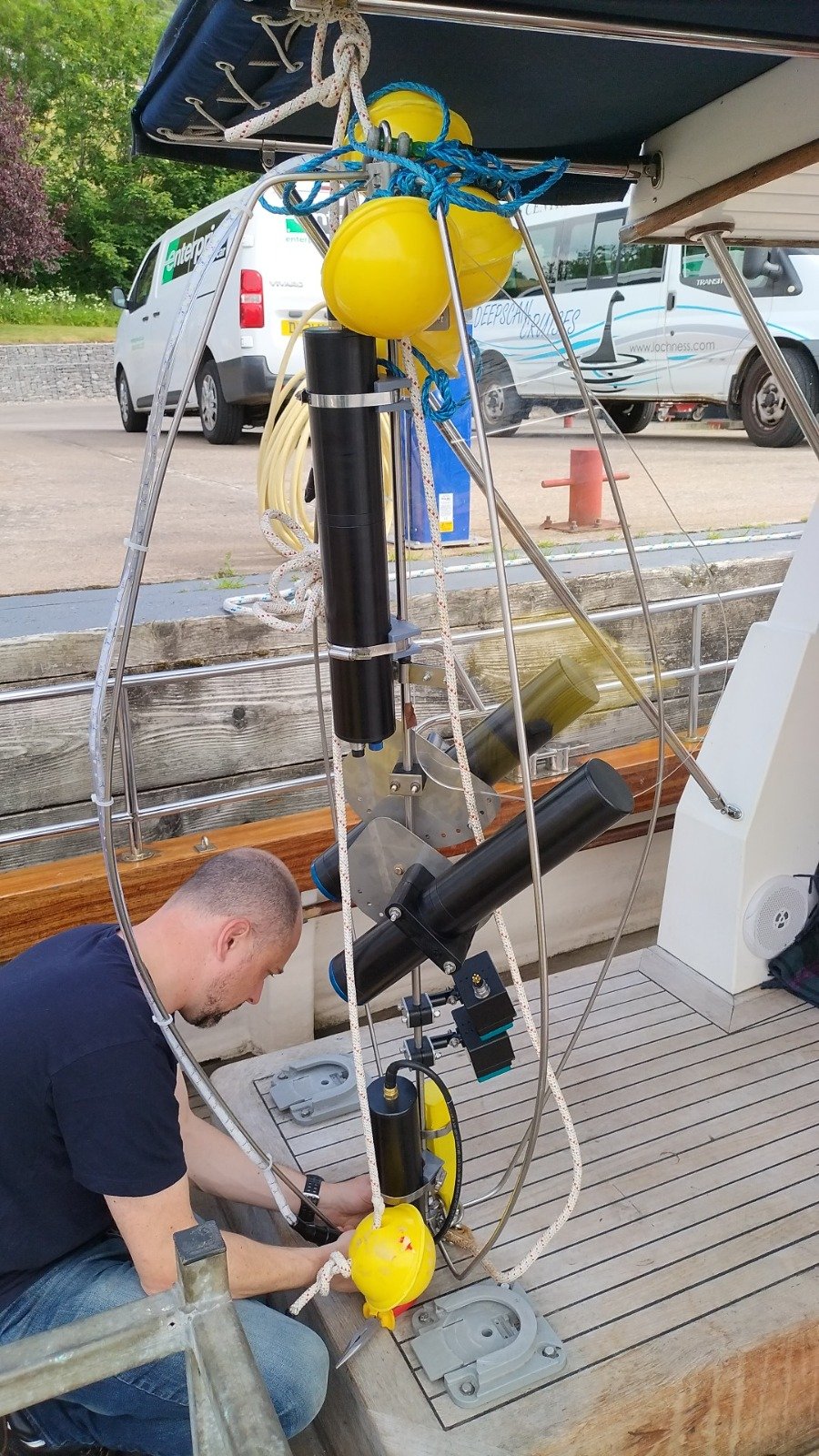Stop the spread: using drones and nano-biogel to prevent wildfires

THE QUESTION
Can drones deploy a special nano-biogel fire retardant in Brazil’s forests to stop the spread of wildfires?

LOCATION: Brazil
SECTOR: Nature and Biodiversity
TECH: Biotech, Drones/UAVs
TIMELINE: September 2024 - Present
PIONEER: Laura Moreira
PARTNERS: TBC
The Challenge
Wildfires in Brazil are becoming more frequent and intense, posing a growing threat to human health, biodiversity, and economies. A UNEP study identified prolonged droughts, rising temperatures, dry lightning and stronger winds as just some of the exacerbating factors brought about by climate change. Furthermore, annual carbon dioxide emissions from Brazil’s wildfires are equal to those of the European Union.
Traditional firefighting methods, which rely on large amounts of water and chemical retardants, are expensive and often harmful to the environment. There is an urgent need for innovative, eco-friendly, and cost-effective solutions to combat wildfires.
The Idea
This pilot aims to test the deployment of nano-biogel, a fire retardant combining nanoscale materials and biogel technology. This innovative substance is designed to:
Reduce water use: The nanomaterials enhance fire suppression efficiency, requiring less water than traditional methods.
Minimise environmental impact: The biocompatible gel matrix prevents ecological harm, making it safer for forests and wildlife.
To deploy the nano-biogel, drones will fly over fire-prone areas and release the substance, alongside ground-based methods, such as backpack sprayers and tanker trucks.
If successful, this solution could provide a scalable, eco-friendly alternative to traditional firefighting, with the potential to be replicated in wildfire-prone regions worldwide.
Our learnings and stories so far
This pilot hasn’t started to publish yet, but there are plenty of other blogs to read below. Check back soon!
Five recommendations for harnessing and supporting the growth of Underhyped Frontier Tech for International Development.
Restoring land and water health with nature-based techniques. One of our nine Underhyped Frontier Technologies for Development.
Storing renewable energy for longer, without mined metals. One of our nine Underhyped Frontier Technologies for Development.
Our AI Legal Assistant pilot aims to incorporate AI as a tool to enhance the Malawian judicial process, reducing case backlog. Read on for the pilot team’s findings from the discovery phase.
Read the findings from the final sprint of the MyDemokrasi pilot, and how the team plans to take the platform forward to advance digital political engagement in Malaysia.
In this edition of our Launchpad series, Grace outlines our adaptive learning approach to evidence generation, and why it is a core part of the FT Hub’s learning methodology.
The methodology behind our Underhyped Frontier Tech for Development exploration.
Detecting risks using durable, reusable sensors where traditional biosensors fail. One of our nine Underhyped Frontier Technologies for Development.
Powering off-grid communities with sustainable biogas and electricity. One of our nine Underhyped Frontier Technologies for Development.
Capturing and reusing heat for cleaner energy and resilient power. One of our nine Underhyped Frontier Technologies for Development.
Self-powered devices that capture energy from their surroundings. One of our nine Underhyped Frontier Technologies for Development.
Scalable, real-time monitoring for conservation and climate resilience. One of our nine Underhyped Frontier Technologies for Development.
Monitoring, predicting, and optimising water cycles supply and quality. One of our nine Underhyped Frontier Technologies for Development.
Explore related pilots
Curious about how frontier technologies are providing support for nature and biodiversity efforts? Read below to find out about our other pilots in these sectors. 👇🏽
Can open data systems help smallholder farmers prove they’re following deforestation rules and stay in global supply chains?
Can we gather better data on insect biodiversity with the help of sensing technologies and AI?
Can drones deploy a special nano-biogel fire retardant in Brazil’s forests to stop the spread of wildfires?
Can low-cost, easy-to-deploy deep sea cameras enable low-to-middle income countries to explore the deep-sea?
Can DNA forensics help authorities tackle illegal wildlife trade in Colombia?
Can an AI-enabled fire detection system prevent wildfires through machine-learning and quickly notify authorities when a fire is detected?
Can a digital platform improve the bivalve (oysters & mussels) market in coastal communities in Mozambique whilst improving livelihoods and promoting conservation?
The Frontier Tech Hub works with UK Foreign, Commonwealth and Development Office (FCDO) staff and global partners to understand the potential for innovative tech in the development context, and then test and scale their ideas.






















We’ve launched our deep dive report on how to scale circular economy solutions in LMICs. Read this accompanying blog post for a summary of the four critical factors determining whether solutions gain traction.